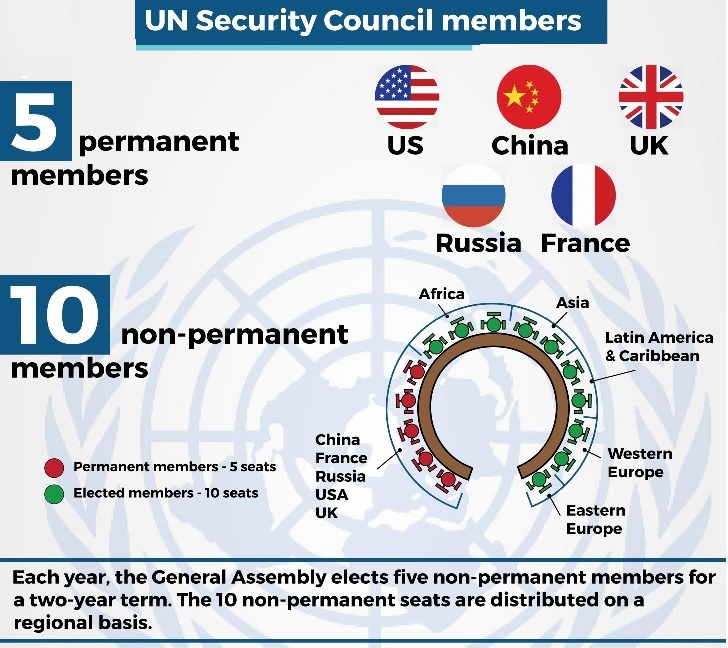7667766266
enquiry@shankarias.in
India’s External Affairs Minister has been actively canvassing for India’s candidature to UNSC permanent seat.


References
Quick facts
Uniting for Consensus (Coffee Club)